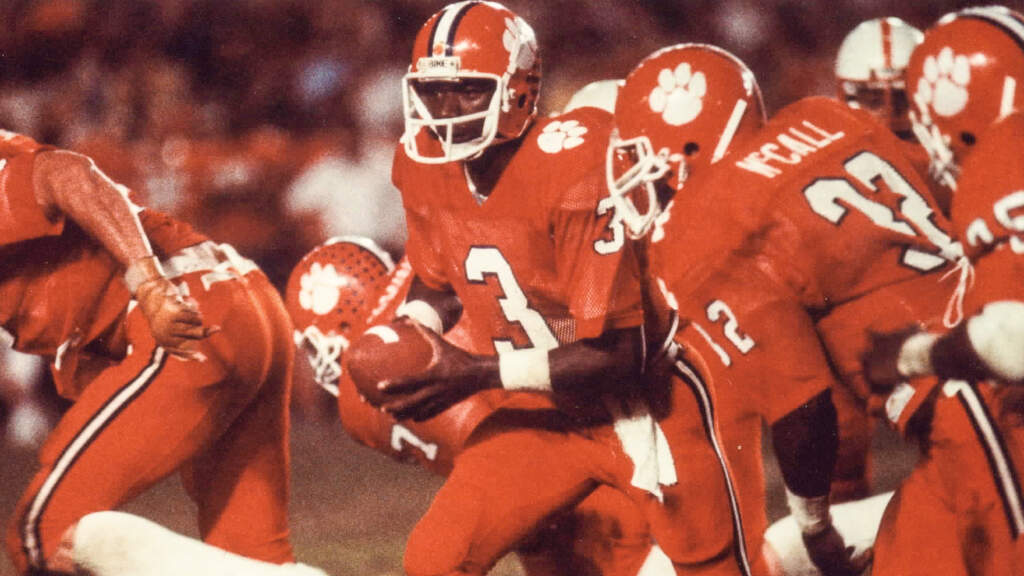Sat. Nov 1 - TBA
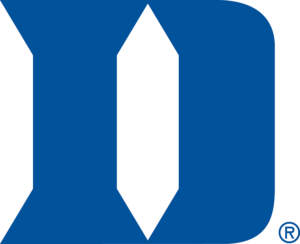 Duke
Duke
 Duke
Duke
Sat. Nov 8 - TBA
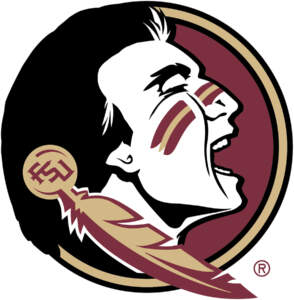 Florida State
Florida State
 Florida State
Florida State
Sat. Nov 22 - TBA
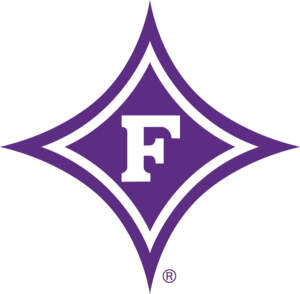 Furman
Furman
 Furman
Furman
Sat. Sep 20 - TBA
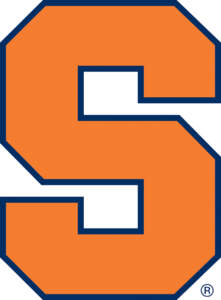 Syracuse
Syracuse
 Syracuse
Syracuse
Sat. Oct 18 - TBA
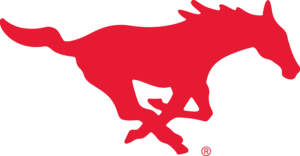 SMU
SMU
 SMU
SMU
Sat. Nov 1 - TBA
 Duke
Duke
 Duke
Duke
Sat. Nov 8 - TBA
 Florida State
Florida State
 Florida State
Florida State
Sat. Nov 22 - TBA
 Furman
Furman
 Furman
Furman
Sat. Sep 20 - TBA
 Syracuse
Syracuse
 Syracuse
Syracuse

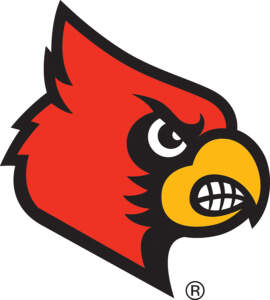 Louisville
Louisville 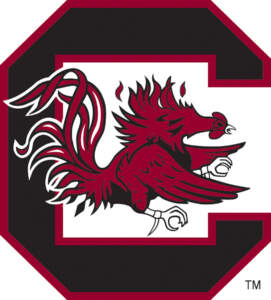 South Carolina
South Carolina  LSU
LSU 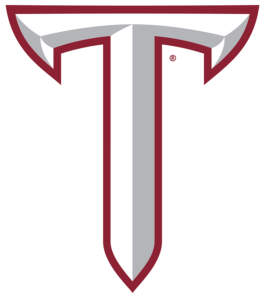 Troy
Troy 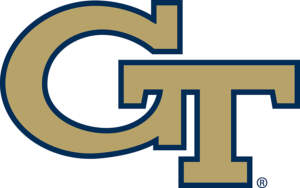 Georgia Tech
Georgia Tech 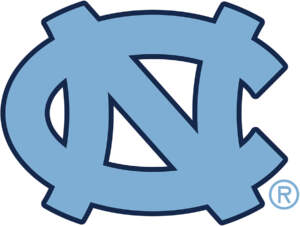 North Carolina
North Carolina 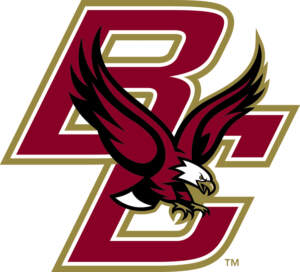 Boston College
Boston College 

